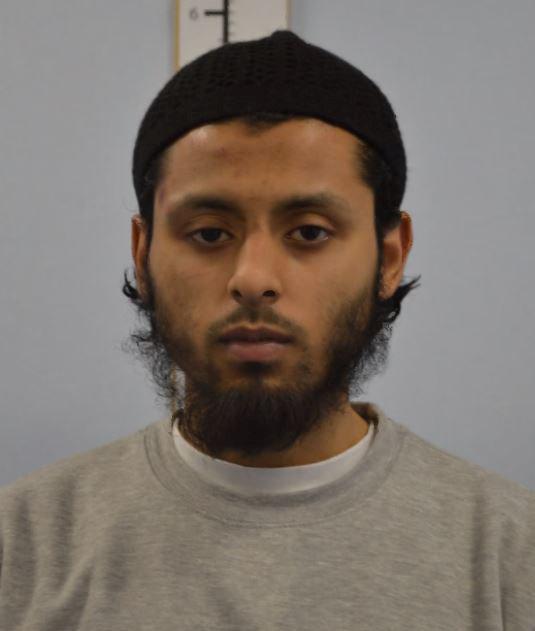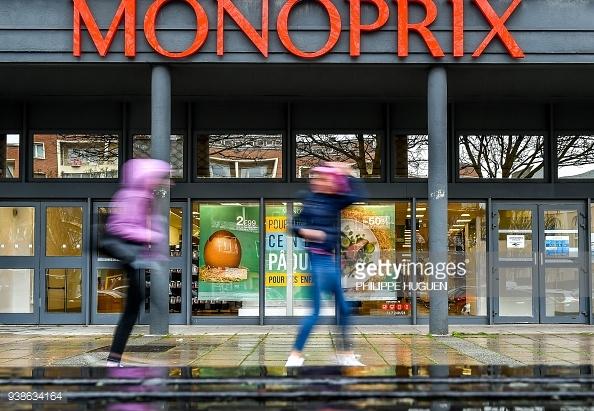Iraqis on Monday, July 4th, mourned more than 200 people killed in a Baghdad suicide bombing claimed by the Islamic State jihadist group and accused the government of not doing enough to protect them.
Baghdad, apparently seeking to shore up its image after one of the deadliest ever bombings in Iraq, announced the execution of five convicts and also said it had arrested 40 jihadists.
The grim search continued for bodies at the site of the attack that hit the upmarket Karrada district early on Sunday as it teemed with shoppers ahead of this week’s holiday marking the end of the Muslim fasting month of Ramadan.
Prime Minister Haider al-Abadi announced efforts to address longstanding security flaws in Baghdad following the blast, which came a week after Iraqi forces recaptured the city of Fallujah from IS.
But Iraqis are furious at the government’s inability to keep residents safe, even as its forces on the battlefield push back IS outside the capital.
“I swear to God, the government is a failure,” said a woman who gave her name as Umm Alaa, who lost her apartment in the attack.
IS “tactics are changing. Why does the Iraqi government have fixed tactics?” a man asked at the site of the bombing, criticising the government’s “stupid checkpoints” and use of fake bomb detectors.
And Inam al-Zubaidi said she came to the site to offer condolences to “the families of the martyrs, who fell in this place because of the failed government”.
As Iraq marked three days of national mourning, security and medical officials told AFP the number of dead from the attack had risen to at least 213. More than 200 were wounded, they said.




